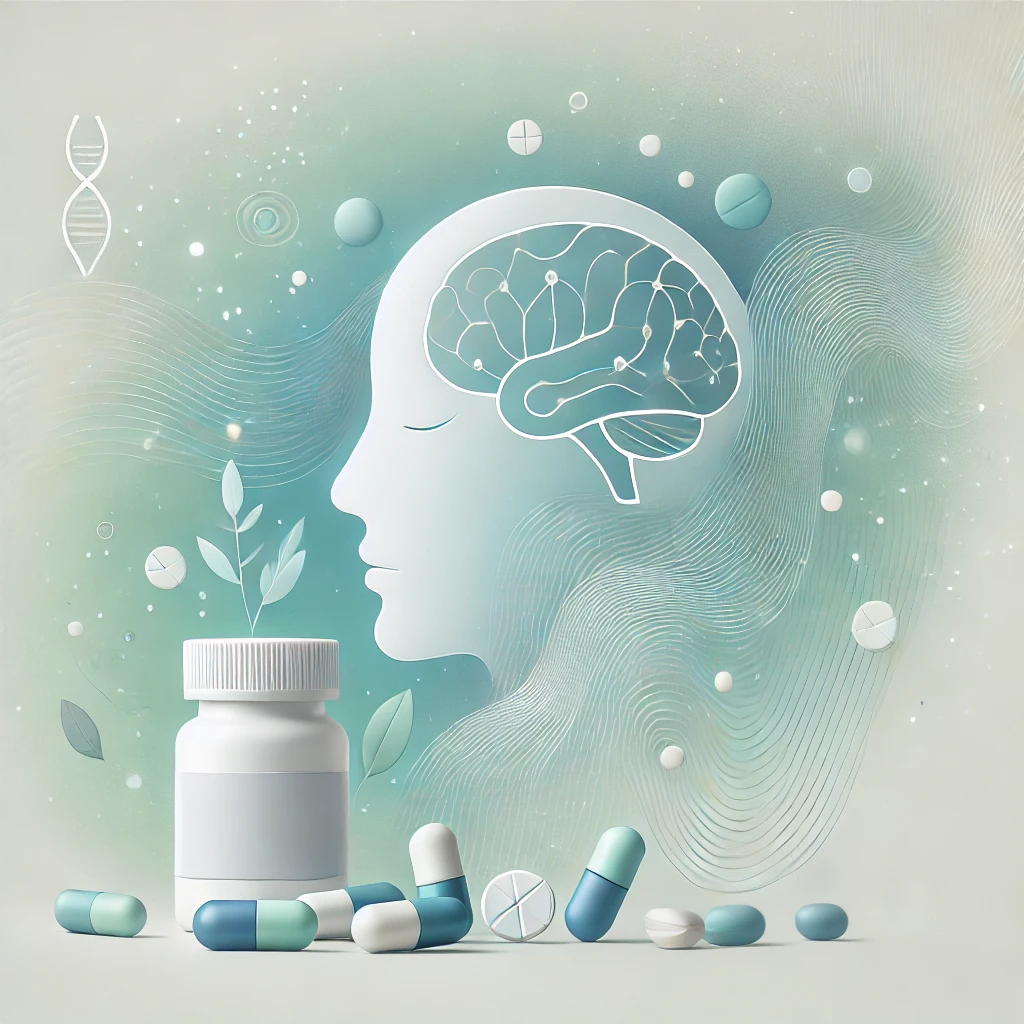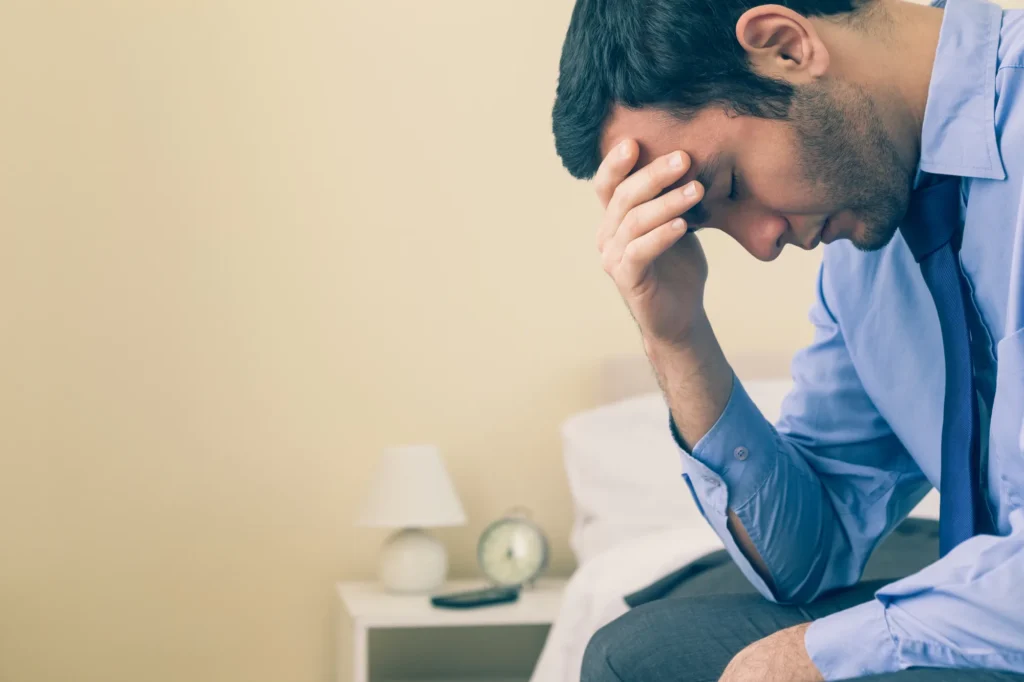A Closer Look at Postpartum Depression: Information You Need to Know
Postpartum depression, also known as PPD, is a mental health condition that happens when new mothers feel severely depressed after having a baby. This type of depression makes it difficult for a mother to bond with her child. It also makes it tough for parents to do their routine tasks and care for their baby. Studies show that about one in eight women goes through this kind of depression in the first six months after giving birth.
What Factors Can Cause Postpartum Depression?
Hormonal Changes
Postpartum depression can be caused by hormonal fluctuations, especially when a sharp decrease in progesterone and estrogen levels happens. These changes in mood might result from these hormonal fluctuations affecting neurotransmitters in the brain.
Lack of Support
Postpartum depression can also be caused by feelings of overburden and isolation, which can be exacerbated by a lack of support from partners, families, or even friends.
History of Depression، Anxiety or Bipolar Disorder
Postpartum depression is more common in women who have experienced anxiety depression, or bipolar disorder in the past. Hormonal fluctuations and the strain of childbirth can worsen pre-existing mental health issues.
Experiencing Stressful Life Events
Stressful Life events and traumas during pregnancy or after giving birth, such as a difficult childbirth process, health complications for the baby or mother, or major life changes, can increase the chance of postpartum depression.
Financial Difficulties
The stress and burden related to taking care of a newborn and providing for the family can be exacerbated by financial difficulty, which may lead to postpartum depression.

Challenging Breastfeeding Process
Difficulties with breastfeeding, such as pain, low milk production, or difficulty latching, can cause frustration and feelings of inadequacy, contributing to postpartum depression.
Sleep Deprivation
The responsibilities of taking care of a baby, such as feeding at night and sleeping problems schedules, can cause sleep deprivation, which can lead to mood swings and feelings of exhaustion.
Marital Problems
Marital problems during the pregnancy period can exacerbate stress, potentially increasing the risk of depression as the strain on relationships adds to the challenges of adjusting to parenthood.

What Are Postpartum Depression Symptoms?
It’s important for partners, family members, and healthcare providers to be aware of the full range of potential postpartum depression symptoms in order to provide the necessary support and treatment. There are plenty of signs of postpartum depression such as:
- Experiencing memory problems or difficulty with decision-making.
- Having suicidal thoughts or thoughts of harming the baby.
- Dealing with insomnia or hypersomnia.
- Feeling overwhelmed and hopeless.
- Lack of care for the child or refusing to breastfeed.
- Feeling guilty and sad.
- Diet and weight changes.
- Losing interest in activities the mother used to enjoy doing.
What Are Postpartum Depression Treatment Options?
Psychotherapy
Similarly to other types of depression, the primary treatment for postpartum depression (PPD) is talk therapy or counseling. Through talk therapy, patients can learn new strategies for thinking and behaving, as well as techniques to address habits and patterns that fuel depression symptoms. Various evidence-based therapy approaches are available for treating depression, including cognitive behavioral therapy (CBT), dialectical behavior therapy (DBT), and interpersonal therapy (IPT).
Medication
Antidepressants are another treatment option for postpartum depression. For example, sertraline (Zoloft) and fluoxetine (Prozac) for SSRIs, venlafaxine (Effexor) and duloxetine (Cymbalta) for SNRIs, amitriptyline and nortriptyline for TCAs, and mirtazapine (Remeron) for NASSAs can be prescribed.
Sometimes, antipsychotics like risperidone (Risperdal) are also used. However, these medications come with daily intake, side effects, and varying effectiveness. It is really important to talk to a doctor and consider breastfeeding before taking any antidepressants.

Joining Support Groups
Supporting groups’ environments are usually accepting and offer chances to connect with people going through the same struggles, acquire coping mechanisms, and exchange experiences. These groups are led by mental health professionals. They are mostly available online as well as in person.
Transcranial Magnetic Stimulation (TMS)
Transcranial Magnetic Stimulation (TMS) is an FDA-approved, non-invasive brain stimulation technique that stimulates neural activity using magnetic pulses. It is highly effective for treating depression that has not responded to other treatments.
Electroconvulsive Therapy (ECT)
Electroconvulsive Therapy (ECT) is considered for mothers with severe postpartum depression (PPD) who have not responded to other treatments. During ECT, the patient receives muscle relaxants and anesthesia, and electrical impulses are applied to the brain.
Ketamine Therapy
Ketamine therapy is an innovative treatment for depression that involves administering ketamine via different methods like intravenous infusion or nasal spray. It rapidly alleviates depressive symptoms, making it particularly beneficial for those who are dealing with treatment-resistant depression.
Bespoke Treatment Professional Psychiatrists Are by Your Side in Fighting Postpartum Depression
At Bespoke Treatment, we understand the difficulties that you are going through, and we are here to help. We offer depression treatment options in Los Angeles and Santa Monica. Our team of skilled professionals will review your symptoms and provide tailored treatment options based on your unique needs and mental status. Give us a call to have a brighter future with your children and partner.
(833) 646-0763
Overcome Postpartum Depression With Bespoke Treatment
If you are seeking professional help to treat your postpartum depression, contact Bespoke Treatment, offering professional mental healthcare services in Los Angeles and Santa Monica.
Get Started












